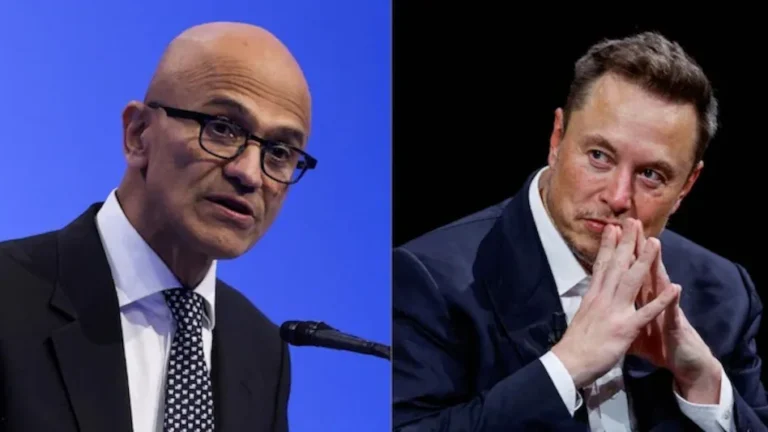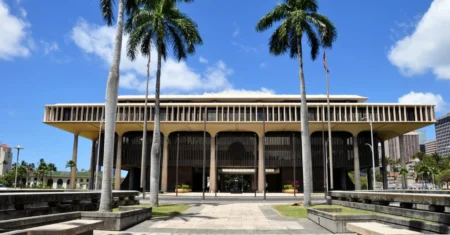The H-1B visa, introduced in 1990, allows the US to hire foreign professionals in specialty occupations. It has long been a gateway for skilled immigrants to pursue the American Dream. On September 21, a new $100,000 one-time fee was imposed on new H-1B applicants, raising concerns among global tech professionals.
The visa has supported many influential figures who transformed the US technology landscape. Satya Nadella, CEO of Microsoft, transitioned to an H-1B in 1994 after facing challenges in bringing his wife to the US. Nadella’s leadership has helped Microsoft become a global leader in cloud computing, artificial intelligence, and enterprise software. He frequently credits immigrant talent for driving innovation at Microsoft.
Elon Musk, CEO of Tesla, SpaceX, and X Corp, initially came to the US on a J-1 visa before moving to H-1B status for academic training. Musk has criticized strict H-1B policies, noting that they limit access to top global talent. His companies employ hundreds of foreign engineers who rely on work visas to advance American technological leadership.
Rajiv Jain, chairman of GQG Partners, also benefited from the H-1B program after moving to the US in the 1990s. He co-founded GQG Partners in 2016, managing over $150 billion in assets. Jain champions global talent as essential to growing both technology and financial sectors.
Andrew Ng, co-founder of Coursera, DeepLearning.AI, and Google Brain, arrived in the US on an F-1 visa in 1993 before obtaining an H-1B while at Stanford University. Ng has trained millions of students worldwide in AI and deep learning, emphasizing the role of immigrant expertise in shaping technological education.
Eric Yuan, founder and CEO of Zoom, faced eight H-1B rejections before approval in 1997. He built Zoom into a leading video conferencing platform that became indispensable during the COVID-19 pandemic. Yuan often highlights how immigrant pathways like the H-1B program have been critical in developing globally competitive tech firms.
Jyoti Bansal, founder of AppDynamics, arrived in the US on an H-1B in 2000. He transitioned to a green card seven years later and built AppDynamics into a top application performance platform, eventually acquired by Cisco for $3.7 billion.
Jeff Skoll, former president of eBay, held an H-1B while guiding the company’s early growth. He later transitioned to an O-1 visa and eventually became a US citizen in 2007. Skoll is now a billionaire philanthropist, funding global social initiatives through the Skoll Foundation.
Aravind Srinivas, CEO of Perplexity AI, shared that he has been waiting for his green card for three years. Srinivas co-founded Perplexity AI in 2022 after working at DeepMind, Google, and OpenAI, highlighting ongoing visa challenges faced by tech innovators.
The new $100,000 H-1B fee is expected to disproportionately affect skilled Indian professionals, who account for roughly 71% of approved H-1B applications in recent years. While existing visa holders and renewals are not affected, the measure has sparked debate over the US’s approach to attracting global talent.
Experts warn that high barriers may drive skilled professionals away from the US, potentially slowing innovation in AI, cloud computing, and biotechnology. Companies like Microsoft, Zoom, and Tesla have relied heavily on H-1B holders to maintain global competitiveness. The decision underscores the delicate balance between immigration policy and sustaining America’s leadership in technology.







